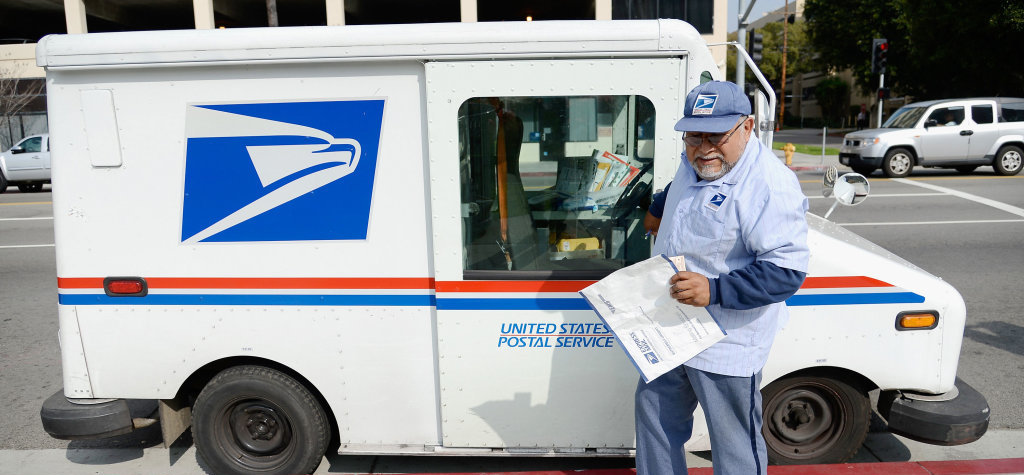U.S. starts process to withdraw from a 144-year-old international postal body
Editor’s note: CPA has been in contact with White House officials supporting this move to end the US postal system subsidization of Chinese commercial packages.
WASHINGTON—The Trump administration opened a new front in Washington’s economic conflict with China, starting a process Wednesday to withdraw from a 144-year-old international postal body whose discounts allow Chinese merchants to ship small packages to U.S. customers at steeply discounted rates.
[ Alex Leary | Oct. 17, 2018 | WSJ ]
In announcing the move by the State Department, senior White House officials said the U.S. will go ahead with a threat to set its own “self-declared” rates for packages coming in from abroad.
“The strategy is simply to stop the harm being done through a multilateral organization,” one official said. “This is not about China. It’s about unfair rates.”
The move addresses complaints from U.S. companies decrying China’s ability to undercut competition through cheap delivery costs. The discounts allow merchants to ship small packages to U.S. customers more cheaply from China than from a domestic U.S. warehouse, officials said.
“President Trump deserves tremendous credit for the administration’s focus on eliminating the anti-U.S. manufacturer subsidy China receives from the U.S. Postal Service,” Jay Timmons, president and CEO of the National Association of Manufacturers, said in a statement responding to the planned withdrawal.
“This outdated arrangement contributes significantly to the flood of counterfeit goods and dangerous drugs that enter the country from China,” Mr. Timmons said. “Manufacturers and manufacturing workers in the United States will greatly benefit from a modernized and far more fair arrangement with China.”
The move is the latest example of the Trump administration’s readiness to step away from multilateral agreements that it feels don’t benefit the U.S.
The Universal Postal Union negotiates global rates and other standards for cross-border mail. The U.N. agency has long used a tiered system for letters and small packages that gives discounts to developing countries. Despite China’s rise to become the world’s second-largest economy, the UPU still classifies it as a “tier 3” country, meaning it qualifies for the deepest discounts. The U.S. is a “tier 1” country.
Subsidized postal rates cost the U.S. $300 million a year, with a discount ranging from 40% to 70% on an average shipment, according to the official.
President Trump issued a memo in August directing the State Department to renegotiate these discounts at a September meeting of the UPU in Addis Ababa, Ethiopia. He warned then that the U.S. could decide to set its own rates if the talks failed to yield significant reforms.
At that meeting, the group’s Congress agreed to develop a proposal to update the system, but said it would not be presented until the next meeting in 2020.













